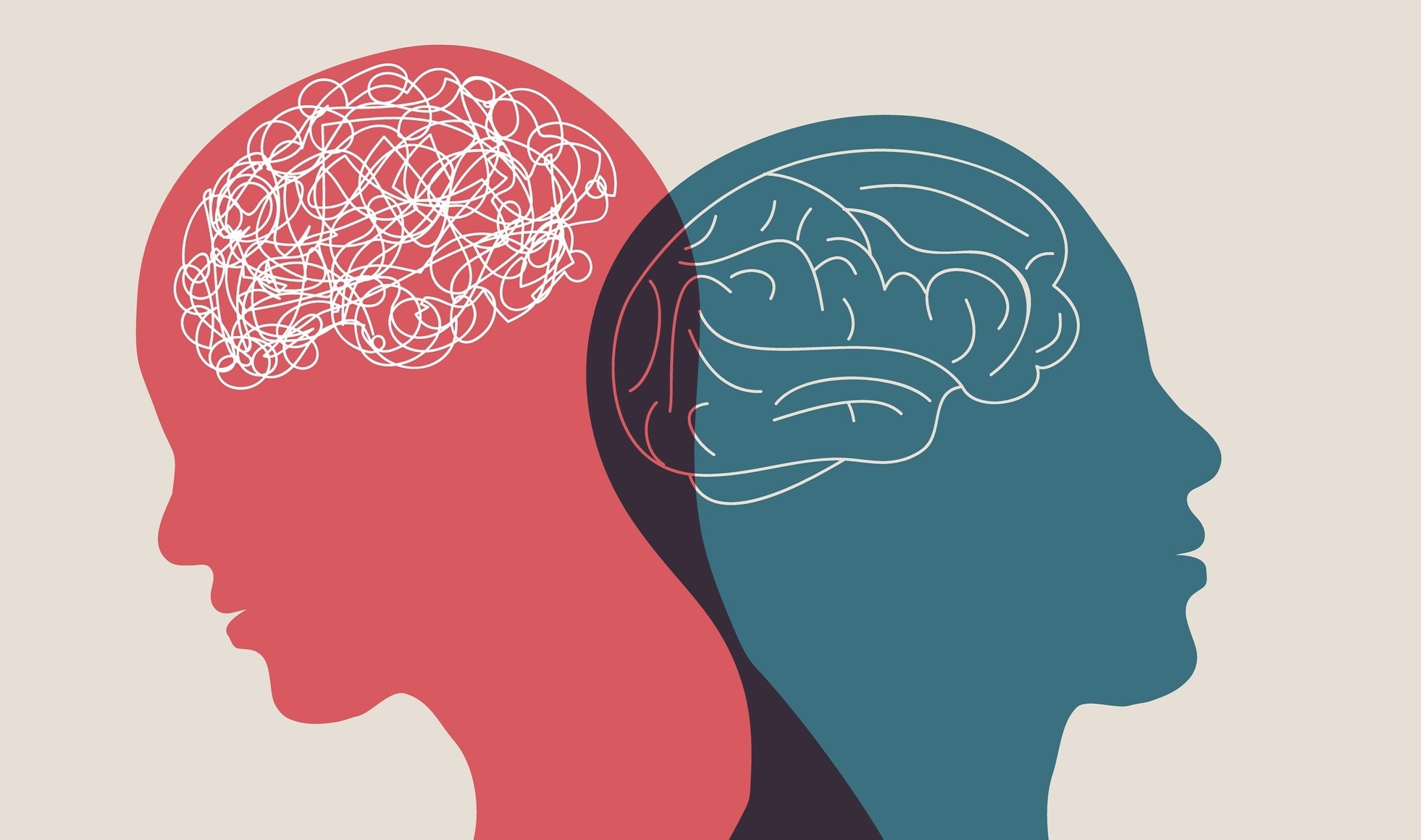In a recent review published in the journal Nature Reviews Psychology, scientists discussed the four mechanistic aspects — preconditions, triggers, reinforcers, and integrators — that bring about effective personality change and the forces that prevent long-lasting personality changes by promoting stability.
 Study: The process and mechanisms of personality change. Image Credit: melitas / Shutterstock
Study: The process and mechanisms of personality change. Image Credit: melitas / Shutterstock
Background
Personality refers to the variations in affect, behavior, desires, and cognition brought about by individual differences in life goals, self-esteem, values, life satisfaction, and other personality traits. The ability to change specific aspects of one's personality is vital to life outcomes such as social interactions, successful careers, life expectancy, and wealth. Recent long-term studies have shown that personalities remain changeable throughout an individual's lifespan, and although they can remain stable for long periods, personalities seldom solidify.
Furthermore, the malleability of personality and its predictive validity in the long term has generated significant research interest in understanding the causes of personality changes and the implementation of interventions to change personality intentionally. However, studies have primarily focused on the effect of broad macro processes, such as major life events, in bringing about personality changes. The mechanisms through which intervention studies bring about personality changes remain largely unexamined.
About the study
In the present review, the researchers examined the underlying mechanisms and processes through which personality changes are brought about. In a broad investigation of personality changes, they divide the temporal process of the change into four components that cover various constructs as opposed to discussing a specific aspect of the process.
While the researchers state that biological and genetic mechanisms also contribute to personality changes, this review focuses on the environmental mechanisms that bring about alterations in personality. The review also examines the mechanisms that limit potential changes to personality by promoting stability. Empirical evidence from studies examining interventions and life events was also reviewed to understand better the processes that bring about personality changes.
Mechanisms
The mechanisms through which personalities change can broadly be categorized into three levels: those that bring about direct changes, time—or situation-specific changes, and habits that are particular to a setting. These levels are also interconnected, with changes in one level often impacting the other levels.
Personality development theories state that the processes and mechanisms that bring about personality changes have varied depths and scopes. To examine these mechanisms, the researchers defined four categories, namely preconditions, triggers, reinforcers, and integrators, that are important to bring about the change.
The contexts or circumstances that enable change are known as preconditions. Intentional changes to personality require the motivation or desire to change, either to achieve other goals or the change in itself being the goal. The researchers believe that sustained and broad personality changes cannot be brought about if the individual does not enact the changes that they desire. In some cases, environmental circumstances can bring about personality changes that are not within the individual's control, such as injury or incarceration, which are also considered preconditions.
Experiences that cause changes in behavior, state-level affect, desire, or cognition are known as triggers, and these include internal factors such as stress or physiological responses and external factors such as specific circumstances or situations. Therapy, life events, strategies to regulate emotion, and social tasks are some of the environmental triggers that bring about changes at state-level. Through specific examples, the researchers examined the direct interactions between triggers and state-level manifestations in an individual.
Repeated changes in state-level are required for long-lasting personality changes. Internal and external reinforcers can ensure that the triggers that bring about changes in behavior, desires, cognition, and state-level affect are maintained long enough to bring about personality changes that persist. The researchers provide the example of a substantial paycheck reinforcing industrious behavior in an efficient workplace.
However, ensuring that the reinforced personality changes are sustained depends on habits being transformed into personality changes at a trait level. This also requires new behaviors, desires, affects, and cognition in one aspect of an individual's life to be integrated into other domains of life. The review states that reflection is one way of integrating behavior, affect, cognition, or desire changes into one's personality.
Stabilizing processes
The review also discussed processes that sustain stability and limit changes. Personality changes are limited by the need to maintain a familiar environment or sameness and a stable sense of self. Inconsistency in reinforcing changes, lack of sufficient triggers, attributing changes to external factors, and many more such mechanisms can limit change by reinforcing stability.
Conclusions
Overall, the review provided a comprehensive assessment of the mechanisms through which personality changes occur, whether intentional or brought about by environmental factors such as life events. With the help of concrete examples, the researchers explained how these mechanisms provide potential pathways to bringing about sustained personality changes. However, they believe that personality changes are often modest and cannot be drastic, even when used in an interventional context.